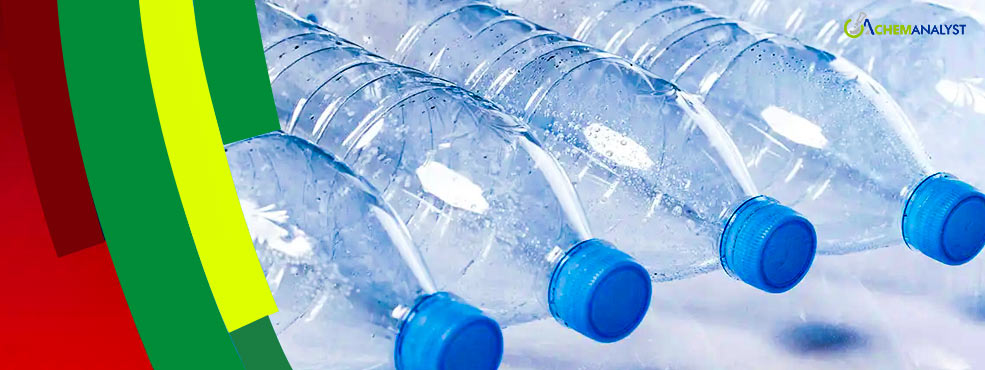Welcome To ChemAnalyst

In a landmark move, the European Union (EU) has taken decisive action against the escalating issue of packaging waste by endorsing a comprehensive ban on single-use plastic packaging for various items. The impetus behind this legislative initiative is to confront the mounting challenges posed by packaging waste, an environmental concern that has witnessed a notable surge in 2021. The EU's overarching objective is to curtail packaging waste within its borders significantly.
The EU's decision to enact packaging regulations is emblematic of its commitment to combating the environmental fallout from packaging waste. The escalating magnitude of packaging waste has prompted policymakers to reevaluate existing strategies and implement more stringent measures to align with contemporary environmental challenges. By targeting single-use plastic packaging, the EU aims to make a substantial dent in the overall environmental footprint associated with packaging materials.
The emphasis on recyclability as a core criterion for packaging materials by 2030 is a noteworthy aspect of the legislative framework. This forward-looking requirement signals a paradigm shift towards a circular economy, wherein products are designed, used, and recycled in a manner that minimizes waste and environmental impact. The 2035 target for widespread recycling adoption amplifies the EU's commitment to fostering a sustainable and circular approach to resource utilization.
As the EU moves forward with the implementation of these packaging regulations, the emphasis on recyclability becomes a focal point. The shift towards recyclable packaging materials aligns with the broader narrative of transitioning to a circular economy. By encouraging the recycling of packaging materials, the EU aims to create a closed-loop system that minimizes waste and maximizes the efficient use of resources.
The 2030 deadline for ensuring the recyclability of all packaging materials sets a tangible target for businesses and industries to adapt their practices. This transition necessitates innovations in product design, material selection, and waste management processes. Moreover, the emphasis on widespread recycling adoption by 2035 underscores the EU's commitment to creating a sustainable and circular approach to managing resources.
The EU's decision to implement packaging regulations represents a significant step towards addressing the environmental challenges posed by packaging waste. The focus on single-use plastic packaging reflects a pragmatic compromise between ambitious environmental goals and the practical considerations of businesses and consumers. The disappointment voiced by plastics ban advocates underscores the urgency of addressing the comprehensive risks associated with plastics across their lifecycle. As the EU endeavors to transition towards a circular economy with recyclable packaging materials, ongoing dialogue and adaptive regulatory measures will be essential to navigate the complex landscape of environmental conservation and stakeholder interests.
We use cookies to deliver the best possible experience on our website. To learn more, visit our Privacy Policy. By continuing to use this site or by closing this box, you consent to our use of cookies. More info.
